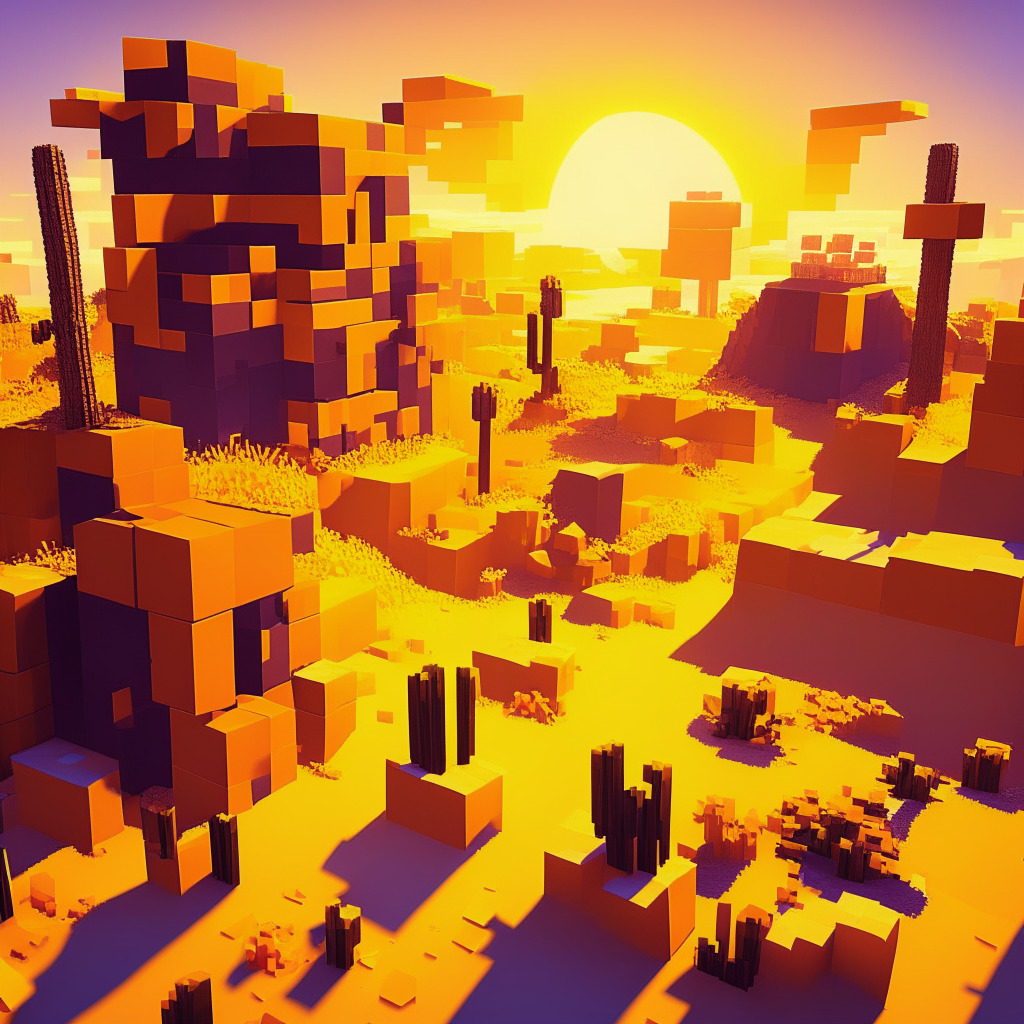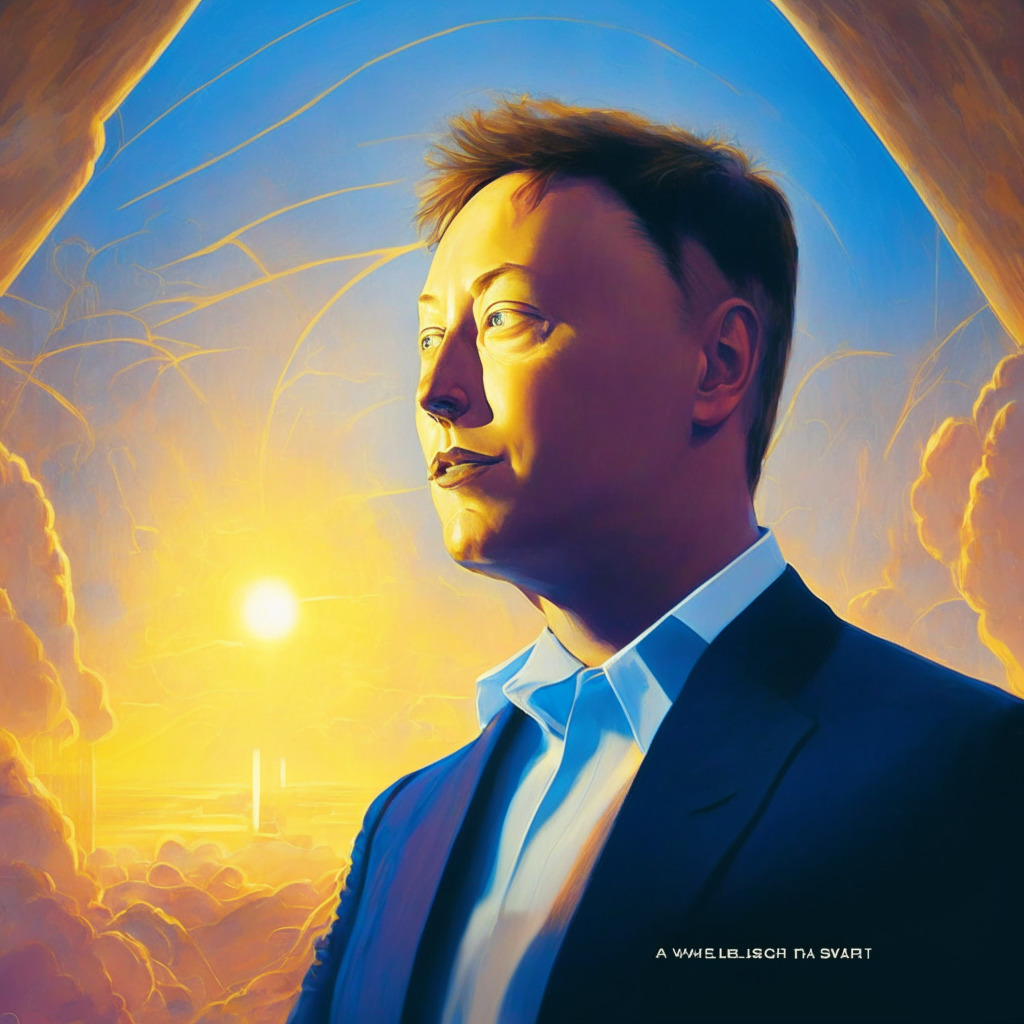Minecraft, the beloved sandbox video game, is known for its innovative nature, continually getting tweaked and updated by its passionate community. Now, the community-operated “Satlantis” server has integrated Zebedee’s gaming tech, enabling players to earn Bitcoin by completing in-game tasks inspired by real-world BTC mining. While the cash value of earnings isn’t anything you can retire from yet, it’s an exciting step towards bringing blockchain technology into the mainstream gaming world.
However, this innovative step comes with its share of friction. The Bitcoin-friendly integration is an unofficial addition, unaffiliated with Minecraft developer Mojang Studios. Interestingly, Mojang Studios has previously banned Minecraft NFT integrations, reflecting a level of uncertainty towards blockchain within the gaming industry.
In the broader horizon, we see efforts to bring increased diversity to the gaming world with major players like the Blockchain Game Alliance (BGA) setting up a gender-balanced board. An observation here might be whether diverse leadership can boost progress and innovation in the Web3 gaming space or unforeseen challenges might surface.
Sega, another important figure in the gaming industry, has had a checkered relationship with blockchain tech. Despite expressing doubts, Sega has partnered with Line Next to integrate classic games to GAME DOSI, a Web3-friendly blockchain gaming platform. This also begs the question – does skepticism imply rejection or can it result in a multidimensional exploration, as seen with Sega’s journey?
On another note, Binance Labs has funneled their investment dollars into Web3 gaming startup Xterio, manifesting in a massive $15 million funding round. With a considerable portfolio of games under its belt and a powerful founding team, Xterio is positioned to make waves in the emerging landscape of crypto-integrated gaming.
All these events reflect both the skepticism and enthusiasm surrounding the convergence of blockchain and gaming. It’s clear that integrating cryptocurrency into gaming isn’t without roadblocks but the potential pathways it opens up for innovation can’t be ignored. It presents an incredible opportunity to educate gamers on blockchain fundamentals. And as more companies test the waters of this intersection, the gaming industry might just discover a new frontier for innovation.
Source: Cointelegraph




